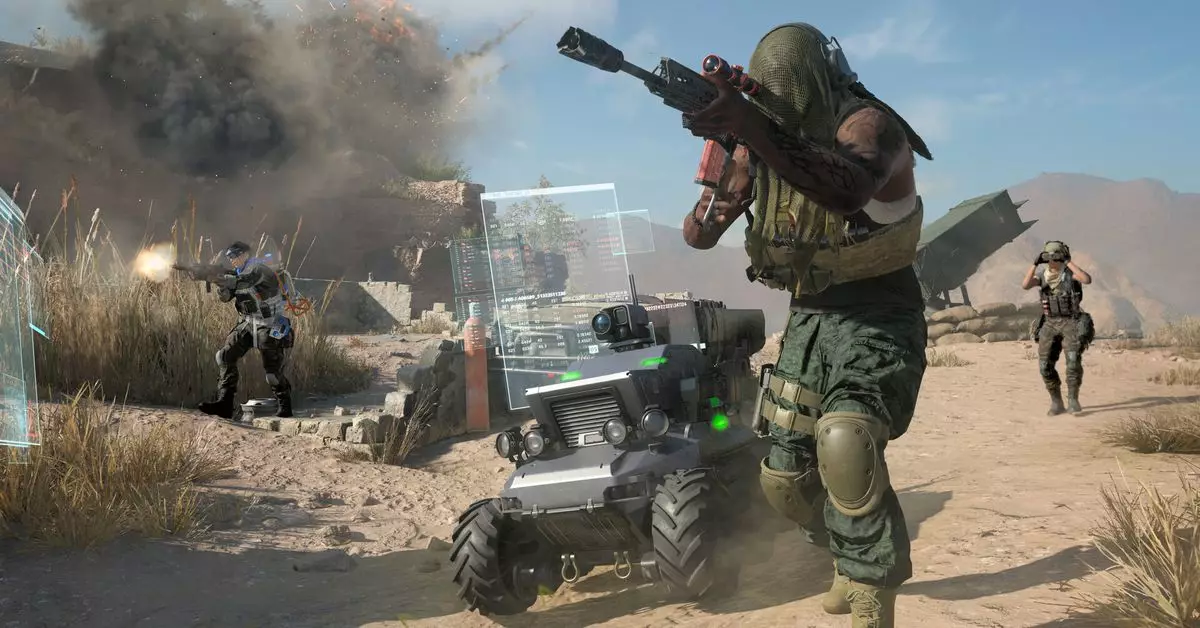In the wake of the Uvalde, Texas school shooting, the families of the victims have taken legal action against Meta and Activision, claiming that the companies promoted the use of firearms to underage boys. This lawsuit raises important questions about the influence of video games on individuals and their behavior.
The lawsuit filed by the families accuses Meta and Activision of “grooming” young men and leading them towards violent acts. They claim that the shooter, who killed 21 people at Robb Elementary School, played Call of Duty obsessively and developed skills as a marksman. The lawsuit also alleges that the game features the AR-15 used in the shooting, linking it directly to the real-world violence that unfolded.
In addition to Activision and Meta, the families are also suing Daniel Defense, the gun company that manufactured the AR-15. The lawsuit argues that Daniel Defense promoted its weapons to minors on Instagram, glorifying combat and contributing to the shooter’s actions. While Meta’s rules theoretically prohibit the sale of guns on its platforms, the gunman purchased the AR-15 directly from Daniel Defense’s website, bypassing Instagram.
The Legal Complexities
Section 230 provides immunity to platforms like Meta from civil lawsuits arising from user-generated content. However, in cases where targeted advertising is the primary issue, the situation becomes more complex. Despite this, Meta has not yet responded to requests for comment on the lawsuit. Attorney Josh Koskoff, representing the Uvalde families, has called for Instagram to cease enabling the marketing of firearms to children and for Activision to stop normalizing violence through their games.
Video game companies have long faced criticism for allegedly contributing to real-world violence, particularly in the aftermath of mass shootings. However, research has consistently shown that video games do not directly cause violent behavior. While politicians and advocates may blame video games for societal issues, lawsuits targeting video game companies for the actions of individuals have consistently failed to prove a direct link between gaming and violence.
The lawsuit against Meta and Activision highlights the ongoing debate around the impact of video games on real-world violence. While it is important to consider the potential influence of media on individuals, it is equally crucial to rely on evidence and research when making claims about the relationship between video games and violent behavior. As the legal proceedings unfold, it will be interesting to see how the court navigates the complexities of this case and addresses the broader societal concerns around media consumption and its effects on individuals.


Leave a Reply
You must be logged in to post a comment.